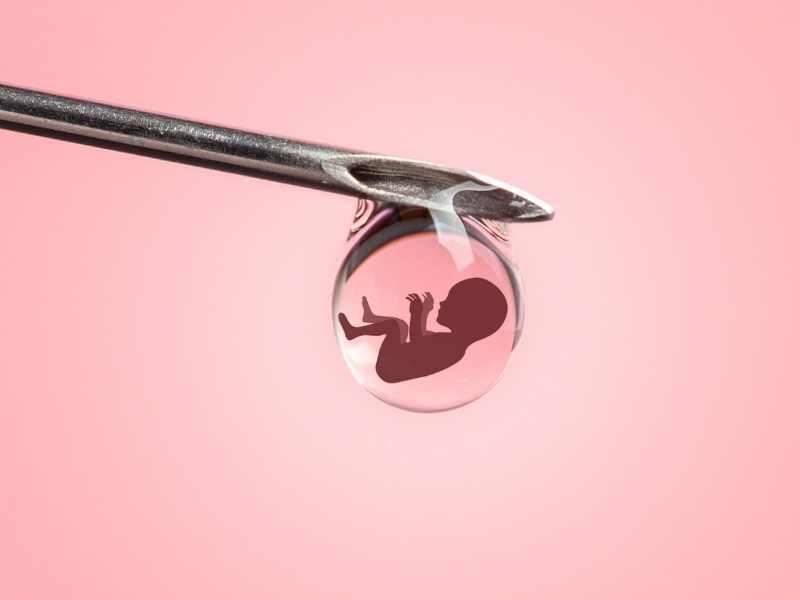IVF Treatment: A Pathway to Parenthood
IVF (In Vitro Fertilization) treatment is a method sought by couples who wish to have children but face difficulties conceiving naturally. IVF offers couples the possibility of making their dream of parenthood a reality.
What is IVF?
IVF, also known as In Vitro Fertilization, is a medical technology that enables couples to have children. It involves retrieving eggs from a woman’s ovaries, fertilizing them with sperm cells in a lab, and transferring the resulting embryos back into the uterus to achieve pregnancy.
What are the Requirements for IVF?
The conditions for IVF may vary from couple to couple, so an initial consultation with a fertility specialist is essential. Both partners are evaluated to identify any underlying fertility issues, which helps determine the most suitable treatment. If natural conception methods are feasible through other treatments, they are considered before proceeding to IVF as a last resort. The general conditions for IVF may include:
- Diagnosis of infertility in either partner
- Blocked or damaged fallopian tubes in the woman
- Low sperm quality or count in the man
- Evaluation of the woman’s ovarian reserve
- A healthy uterine structure for embryo implantation
How Does the IVF Process Work?
In general, the IVF process involves combining eggs retrieved from the woman with sperm from the man. The journey can be lengthy and challenging. Having a positive outlook can help the couple navigate IVF with a better understanding and emotional resilience.


How Long Does IVF Treatment Take?
The duration of IVF treatment varies depending on the couple’s specific circumstances and treatment plan. On average, the IVF process takes about 16–17 days. After completing the treatment, couples usually wait an additional 10 days before taking a pregnancy test.
When is IVF Recommended?
IVF is typically recommended for individuals who have attempted to conceive naturally but have not succeeded. For women under 35, it’s suggested to try for at least a year of unprotected intercourse. With advancing technology, the success rate of IVF continues to improve. IVF may be recommended in cases such as:
- Unexplained infertility
- Blocked fallopian tubes in the woman
- Absence of sperm in the man’s semen
- Conditions within the uterus that may prevent pregnancy
- Hormonal imbalances
- Women over 35 who have difficulty conceiving naturally
Who Needs IVF Treatment?
IVF is a necessary option for couples facing reproductive health challenges who wish to have children. The approach may vary depending on the specific conditions of each couple. IVF may be recommended for cases such as infertility in either partner or hormonal imbalances like those found in polycystic ovary syndrome (PCOS). Women with endometriosis, ovulation problems, and men with low sperm quality or abnormal sperm morphology may also be suitable candidates for IVF, increasing their chances of conception.







